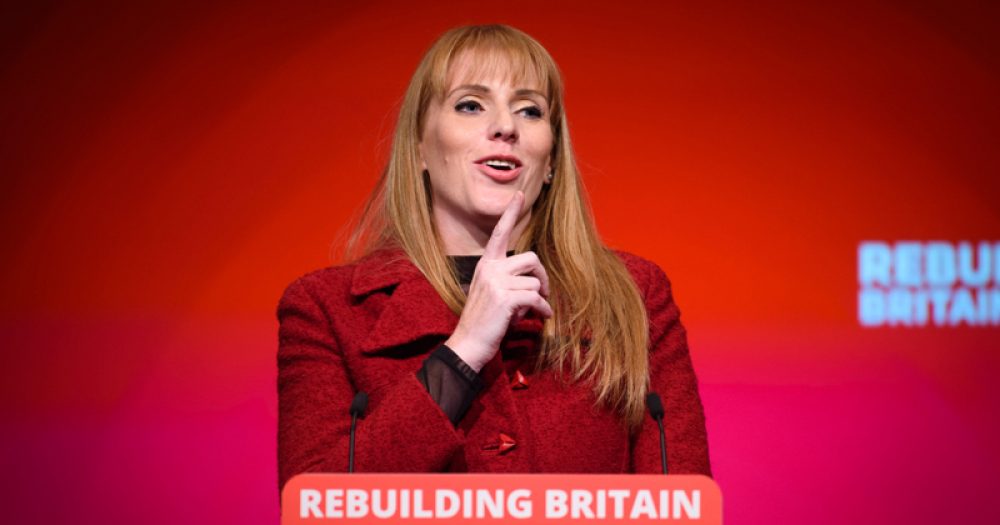Labour’s proposed ban on related-party transactions will apply only to linked commercial companies, Schools Week has learned.
The party announced proposals to ban such transactions – deals between academy trusts or schools and linked private companies – on Sunday. It has now confirmed that the policy will be extended to local authority-maintained schools and academies.
It follows high-profile instances of large sums of money being paid from trusts to companies linked with their bosses.
But Labour officials did not say how far the ban would go, prompting critics to warn against a catch-all policy that would block reasonable attempts by schools to save money and prevent deals with the public sector.
Sam Freedman, a former adviser to Michael Gove, tweeted that related-party transactions “happen all the time” and that “most are perfectly reasonable”.
Labour sources told Schools Week the policy would apply to academies and council-maintained schools, but said it would only cover transactions with private commercial companies.
That means deals with charities or public sector organisations, like other councils, would not be outlawed.
In 2016, 40 per cent of academy trusts engaged in related-party transactions to the tune of £120 million.
A damning report by the Public Accounts Committee in March warned that the Department for Education’s current rules, which allow such transactions as long as no one profits from the deals, are “too weak”.
Working out what constitutes the cost of providing a service “can be complex and open to manipulation”, the committee warned.
The education secretary Damian Hinds pledged to take a “tough approach” on the “rare cases” where those involved in running schools broke the rules.
The government has since ruled that all related-party transactions over £20,000 must be signed off by the Education and Skills Funding Agency. This restriction is set to come into effect over the course of this academic year and be fully in place by September 2019.








Your thoughts